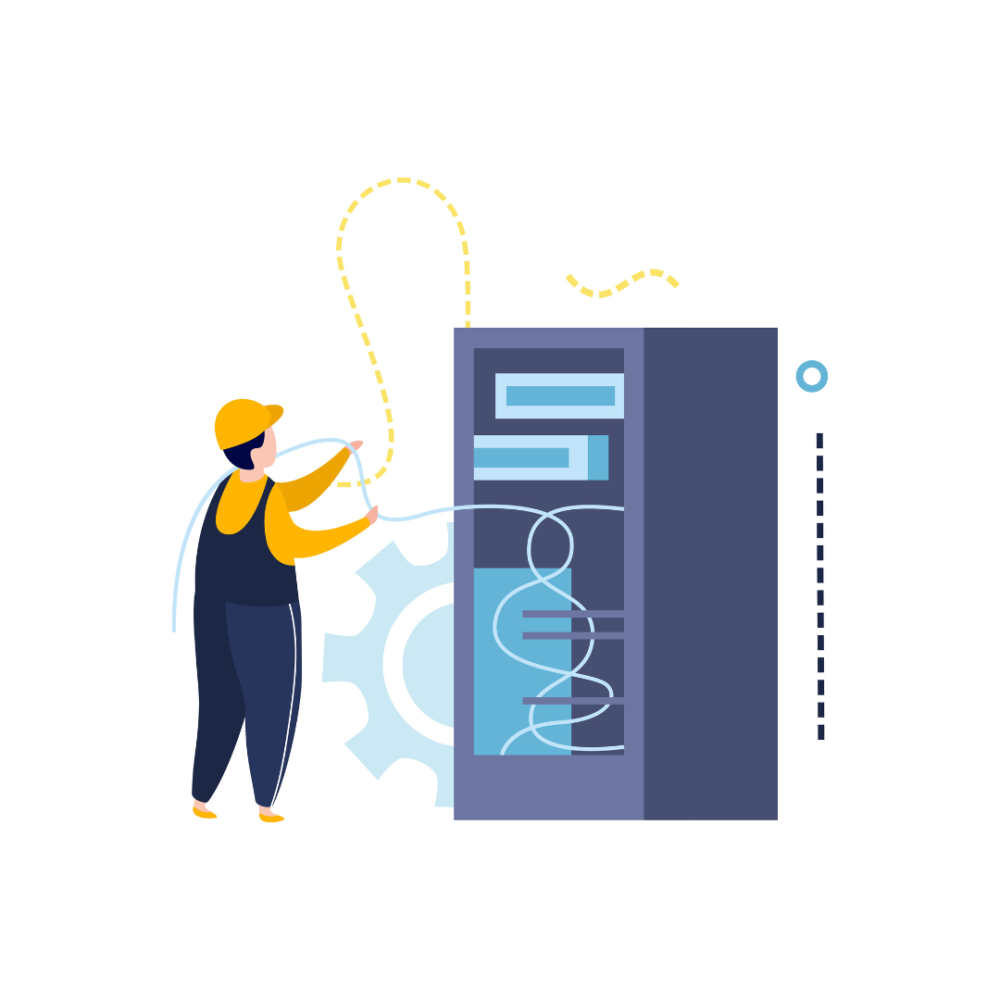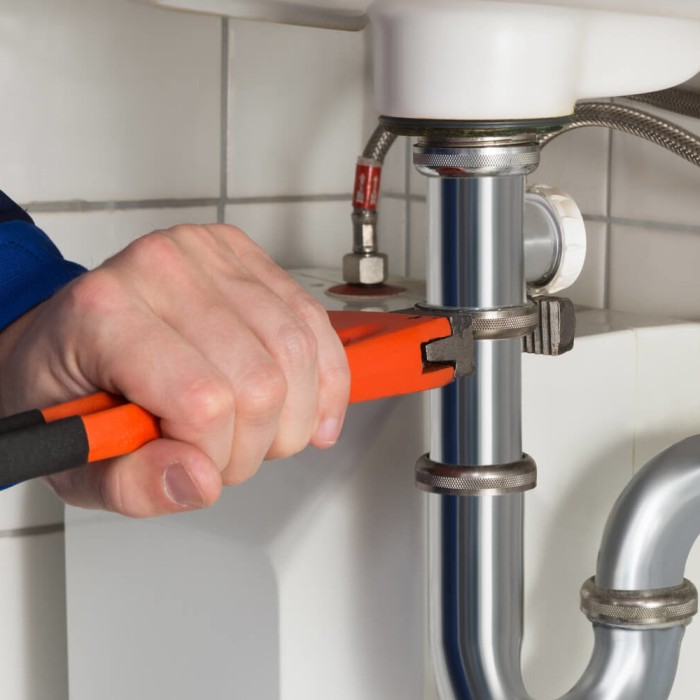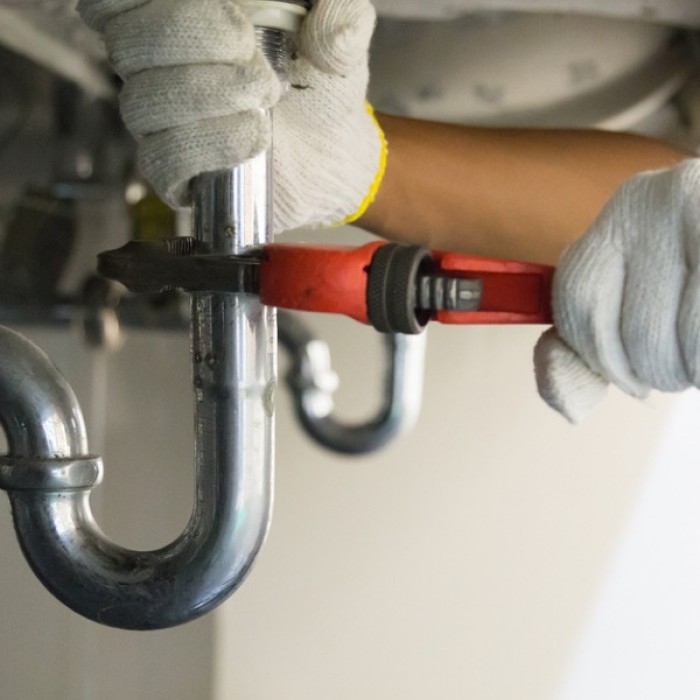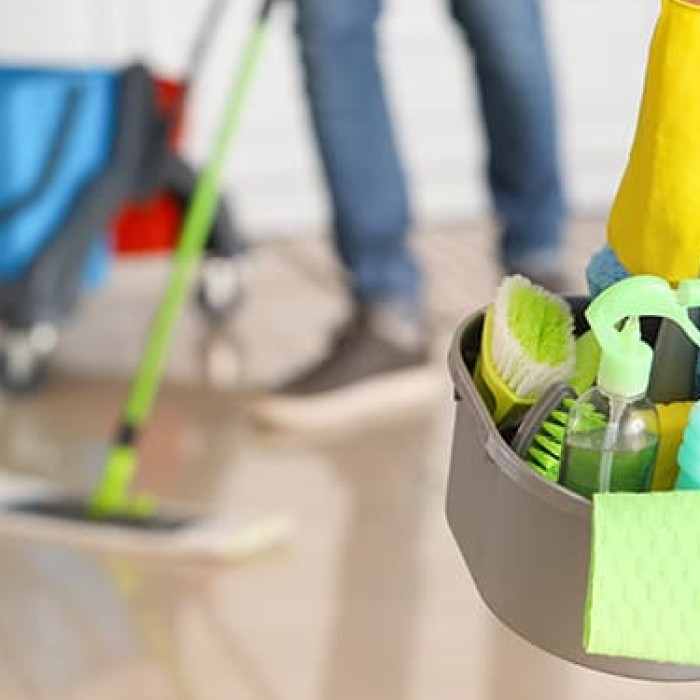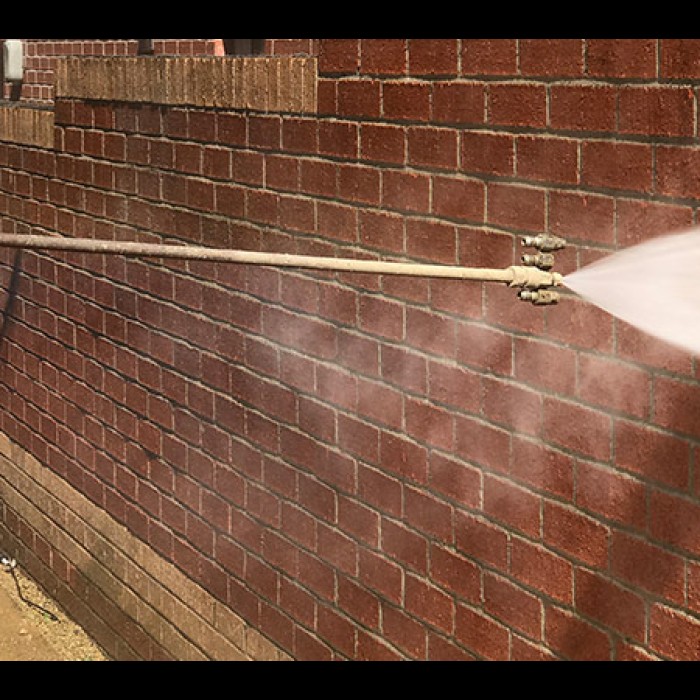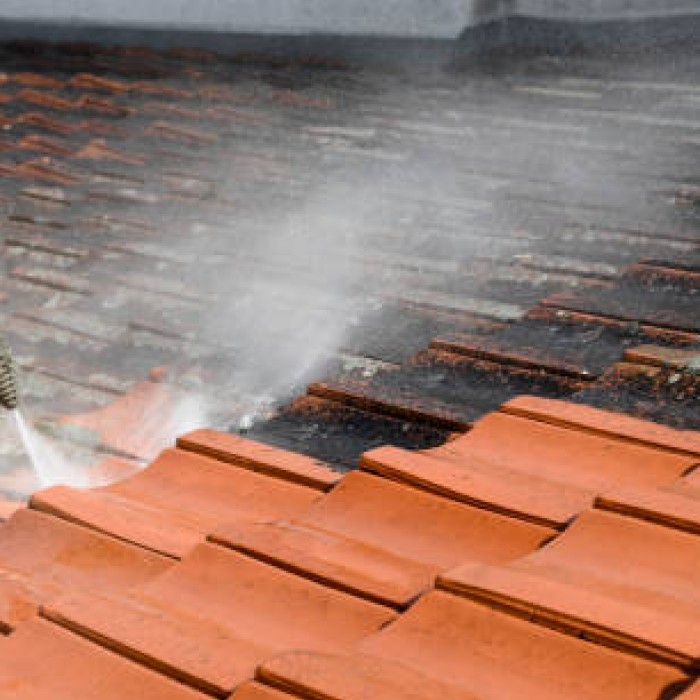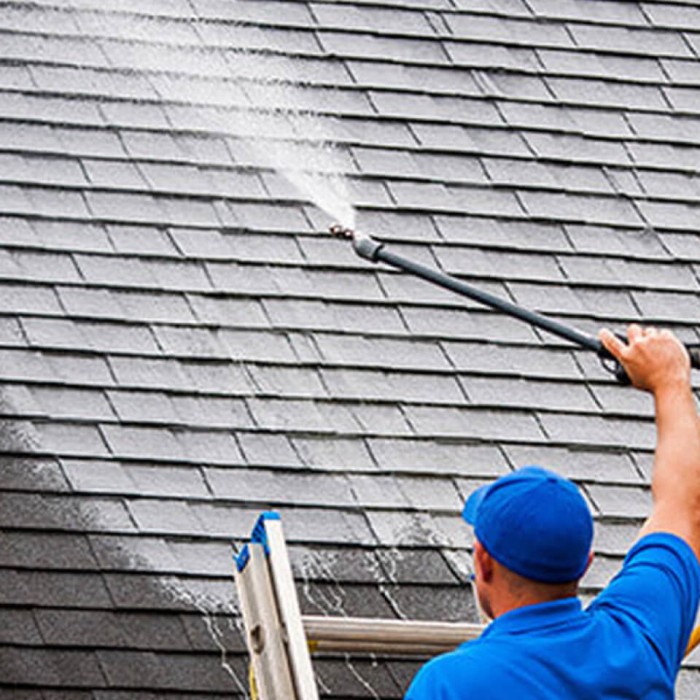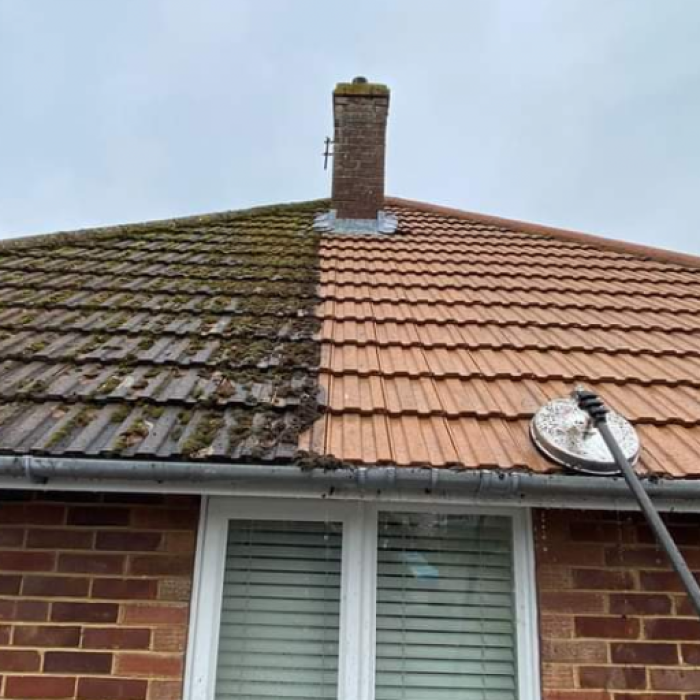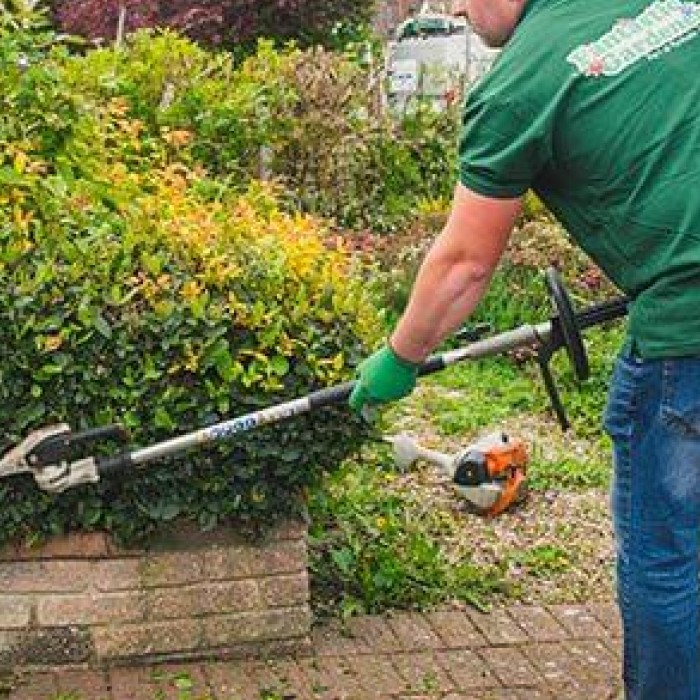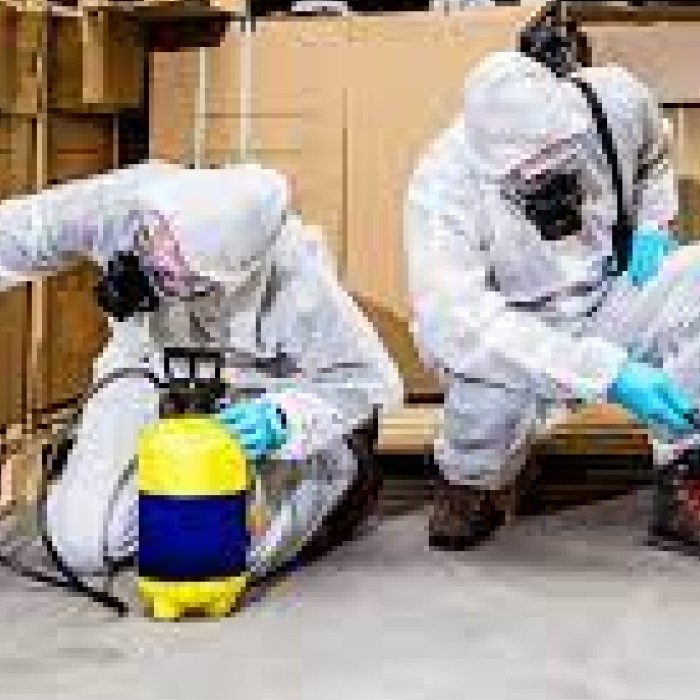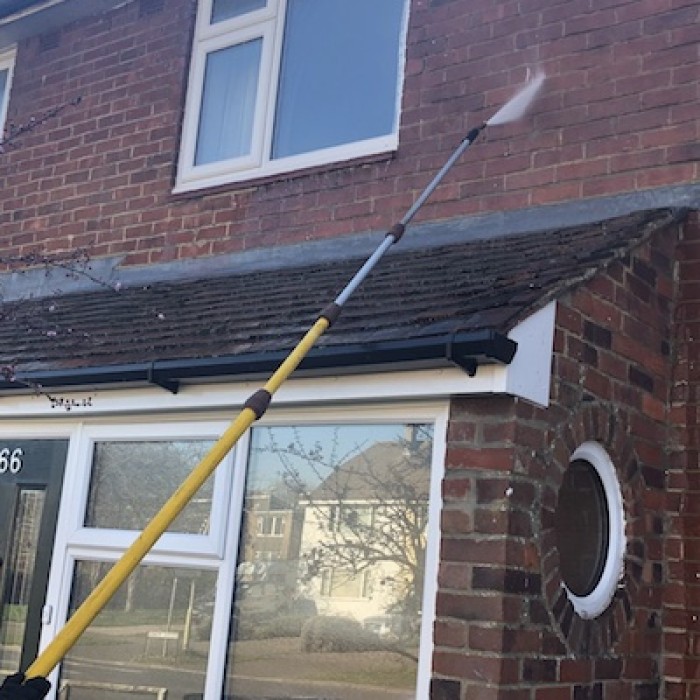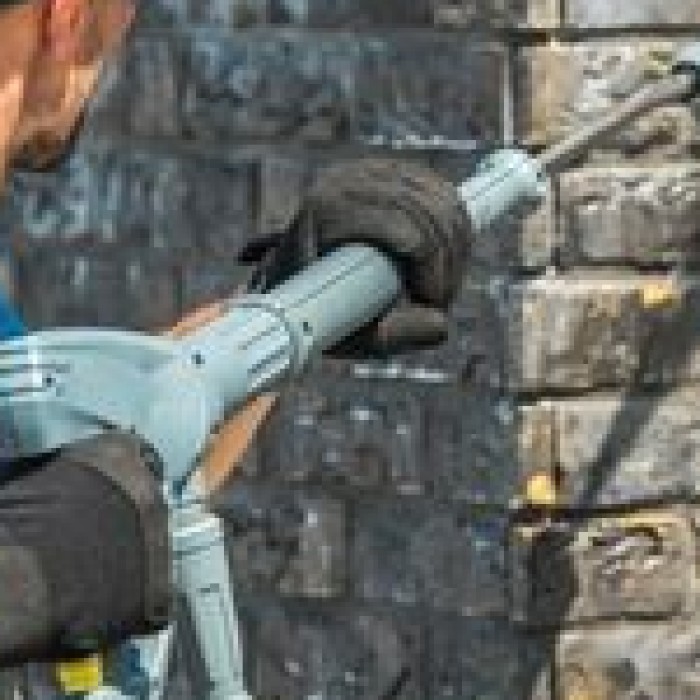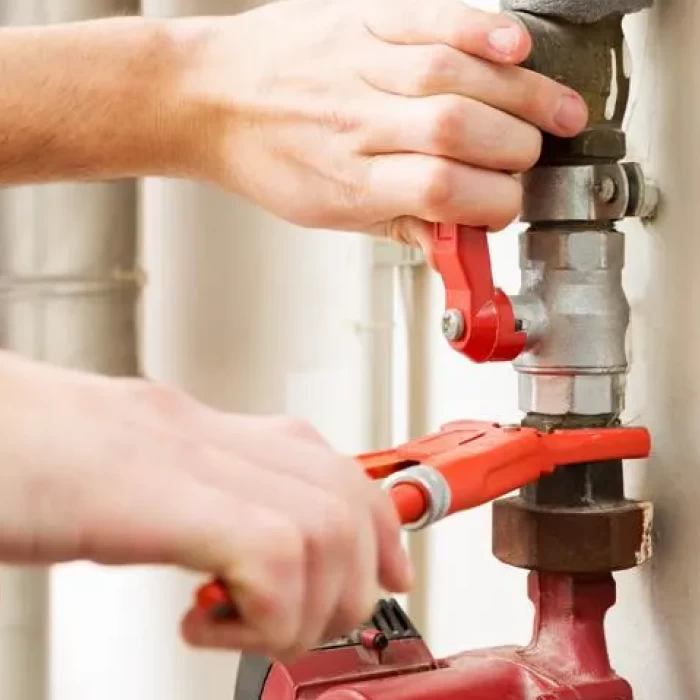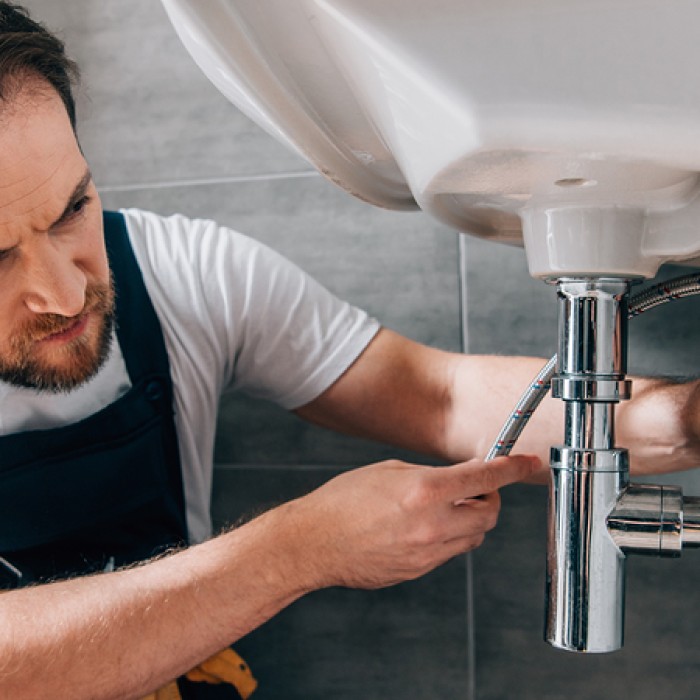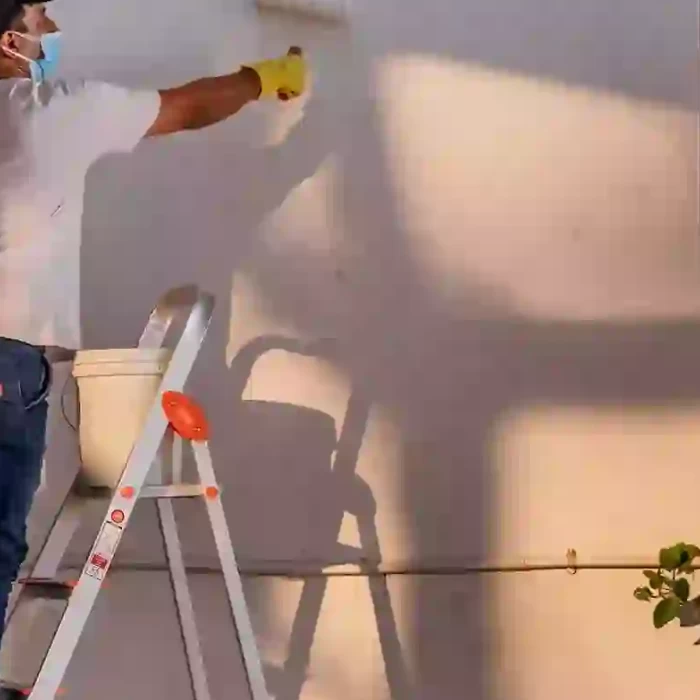Electric System Malfunction: Things to Check For Before Calling Your Electrician
The electric system is undeniably one of the most vital systems in any home or building, as it powers numerous appliances and devices that we rely on in our daily lives. From lighting up our rooms to operating our refrigerators, televisions, and air conditioners, a functional electrical system is essential for smooth functioning. However, despite its importance, the electric system is not immune to malfunctions. Sometimes, seemingly out of nowhere, you may find yourself facing unexpected electrical issues that disrupt your daily routine. The good news is that not all electric system malfunctions require immediate professional assistance. In fact, by familiarizing yourself with some common electrical troubleshooting techniques, you can potentially resolve minor issues on your own.
In this comprehensive guide, we will walk you through a series of steps to troubleshoot electric system malfunctions before resorting to calling your electrician. We will cover a range of common issues that may arise, their possible causes, and how to address them effectively. By following our expert advice and utilizing some basic tools, you'll gain the knowledge and confidence to tackle smaller electrical problems independently. Additionally, we will equip you with the skills to recognize when a malfunction may indicate a more significant underlying issue that requires professional attention. So let's dive in!
Safety precautions
By following a few essential precautions, individuals can mitigate potential hazards before reaching out to an electrician for assistance.
First and foremost, remember to switch off the main electrical supply to prevent any further accidents.
Ensure that all individuals nearby are aware of the situation and are kept at a safe distance.
In case of visible damage or exposed wires, it is imperative to avoid touching them and refrain from attempting any repairs without professional guidance.
Things to do when the electric system malfunctions
Following are some things to do when you encounter an electric malfunction at your home
Check the device you are using
One of the first things you should check is the device you are using. Certain devices may require different voltages or longer periods of time to power up, so ensuring compatibility can save you unnecessary trouble. Make sure to double-check the device's specifications and ensure it is compatible with the power supply in your home. By ruling out any compatibility issues, you might be able to save yourself the hassle and expense of calling an electrician unnecessarily.
Check circuit breakers
Circuit breakers are essential safety devices designed to protect your electrical system from overload or short circuits. If you experience a sudden loss of power in a specific area of your home, it's worth examining the circuit breakers. Sometimes, a simple switch-off and switch-on of the breaker can restore power. However, if a breaker continues to trip repeatedly, it could indicate a more significant problem that requires professional attention.
Check outlets
Another crucial area to investigate is your outlets. These indispensable components of our daily lives can present two different situations. Firstly, there are GFCI (Ground Fault Circuit Interrupter) outlets. These are typically found in areas exposed to water, such as kitchens and bathrooms. If one of these outlets has tripped, pressing the reset button should solve the issue. On the other hand, normal outlets can encounter problems as well. Over time, the wiring within these outlets can become loose or damaged, resulting in power failures. Gently tugging on the device's plug can help determine if the outlet is the culprit.
Check faulty wiring
Faulty wiring is a common cause of electrical malfunctions, especially when it is exposed. If part of your home is experiencing electrical issues while the rest is functioning normally, it's likely that faulty wiring is to blame. Exposed wiring can be hazardous and should be addressed promptly by a qualified electrician. Signs of faulty wiring may include flickering lights, sparking outlets, or even a burning smell. Remember, it's crucial to prioritize safety and seek professional assistance when dealing with exposed or damaged wiring.
Pay special attention to outdoor electrical systems
Outdoor systems are exposed to various elements, including water, which can pose significant risks. Water infiltration can lead to short circuits or even electrical shocks. It's important to ensure that all outdoor outlets, light fixtures, and other electrical components are properly sealed and protected. Regular maintenance and inspections are crucial to identify and rectify any potential issues before they become hazardous.
Conclusion
As you can see, troubleshooting electrical system malfunctions before reaching out to an electrician can save you time, money, and unnecessary hassles. By following the steps outlined in this article, you can identify common issues such as tripped circuit breakers, faulty outlets, or loose wiring connections. Remember, safety should always be your top priority, so exercise caution and consult a professional if you encounter any complex or potentially dangerous problems. At WorldWideServices, we understand the importance of a properly functioning electrical system, and our team of expert electricians is ready to assist you with any electrical needs you may have. Don't hesitate to reach out to us for reliable and efficient service.

